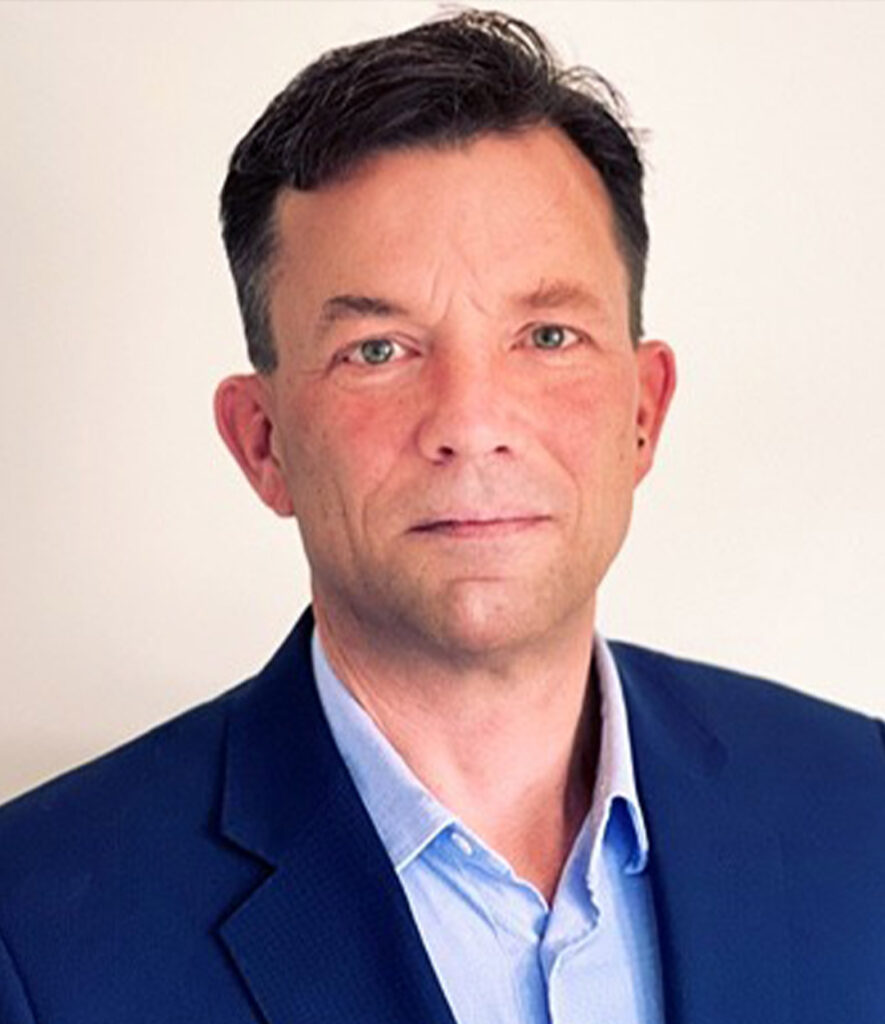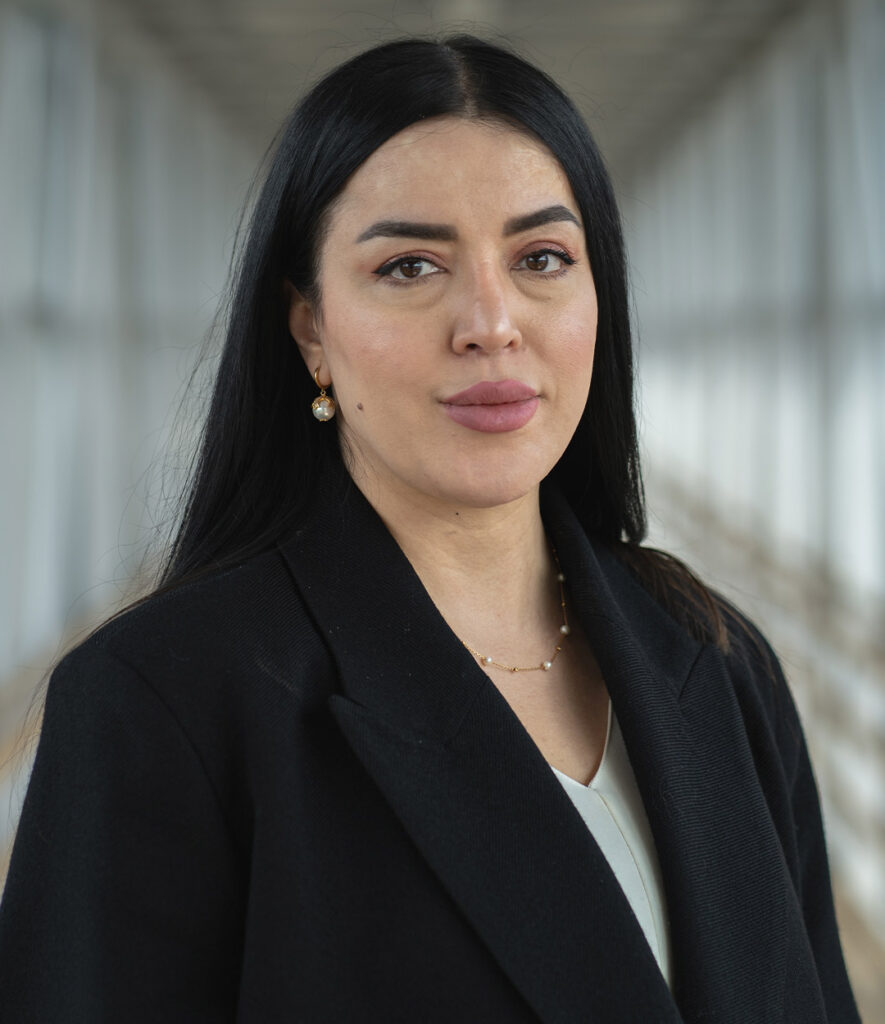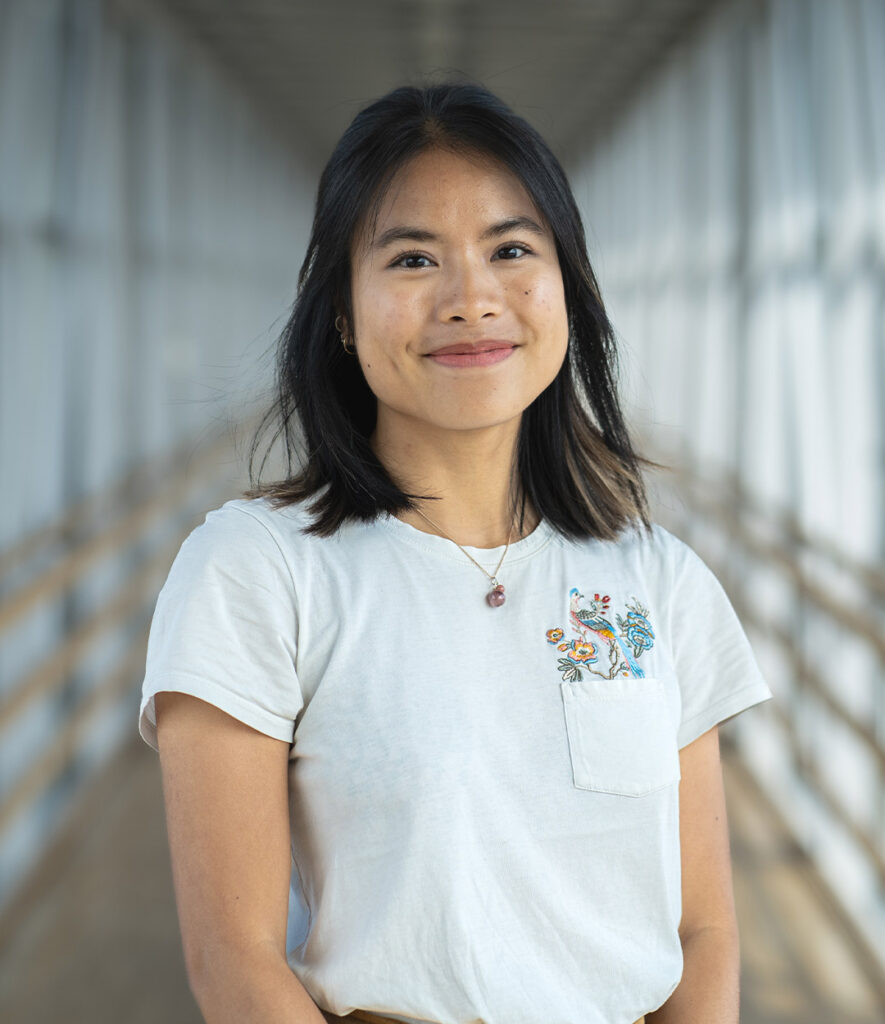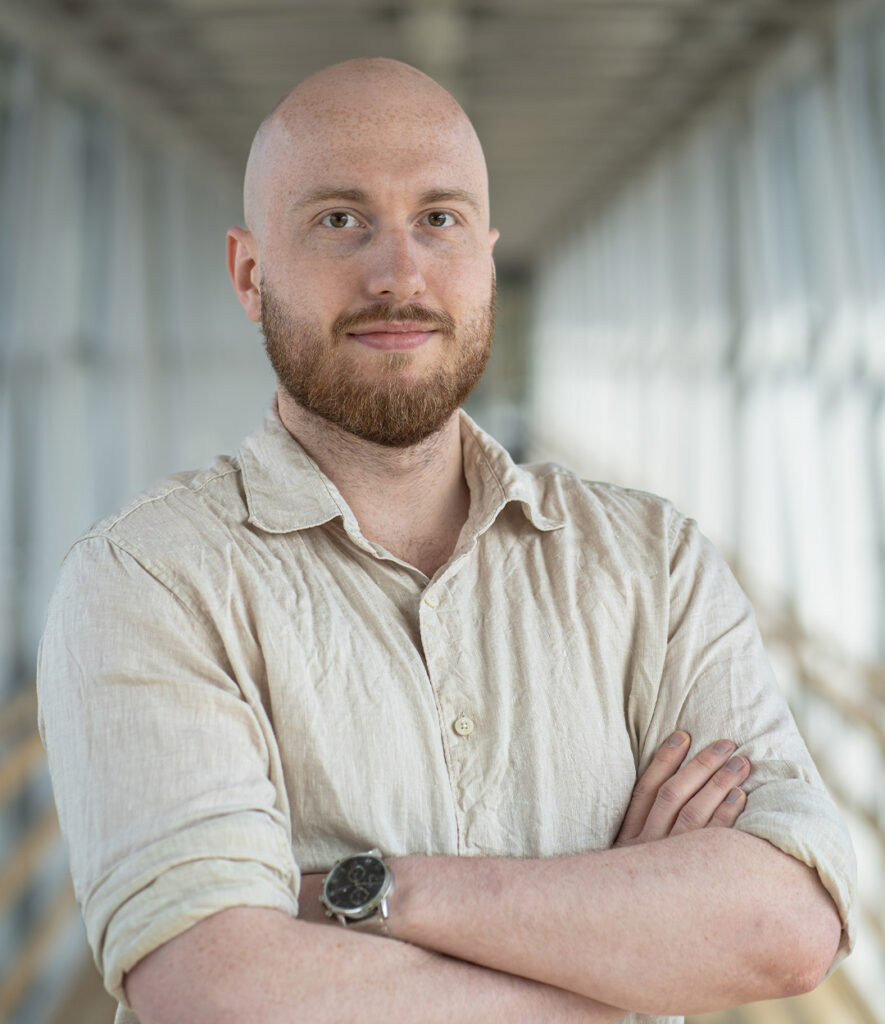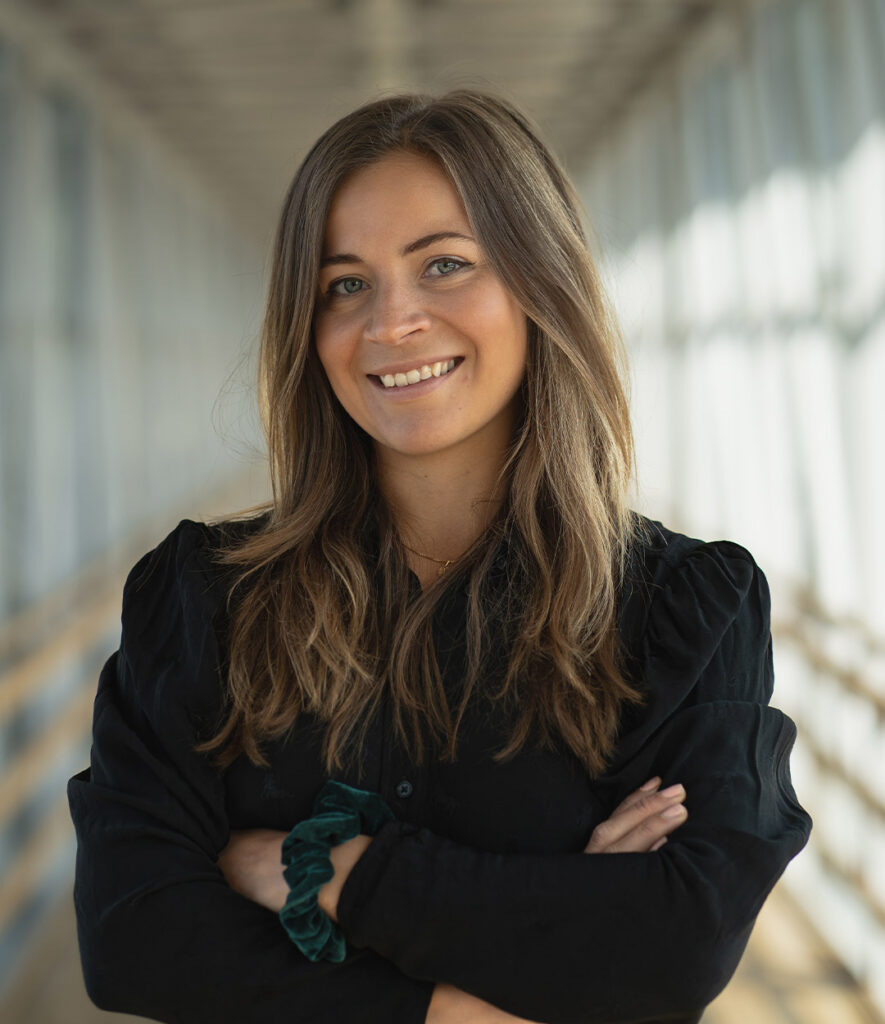The future of cancer monitoring in children with Dr. Martin Dalin
In observance of Childhood Cancer Awareness Month in September, we sought to gain a deeper understanding of childhood cancers by interviewing an expert in the field. Some weeks ago, we ventured to windswept Marstrand for an enlightening conversation with Martin Dalin, an associate professor at Sahlgrenska Academy and research group leader at the Sahlgrenska Center for Cancer Research (SCCR). Our goal was to dig into his ongoing work and research efforts.
Martin, a pediatrician and researcher, divides his time between the lab and the hospital, and he provided us with a broad overview of the current landscape.
Over the past decades, the survival rate for childhood cancer has risen from 10-20% to 85%, primarily due to advancements in treatment. However, these treatments are often accompanied by harmful side effects in growing children, impacting brain development, causing learning difficulties, hormonal imbalances, fertility issues, and even heart failure in severe cases. At its worst, these side effects can be fatal. Therefore, there is an urgent need to determine the optimal treatment dosage for each individual child, avoiding both over-treatment and under-treatment.
“One can never be certain when the last cancer cell has been eliminated. Detecting ctDNA through SiMSen-Seq is the closest we can come to answering that question.”
Dr. Martin Dalin
Since 2017, Martin has led a research project at Sahlgrenska University Hospital, where children with different types of cancer patients undergo genetic screening. This screening employs SiMSen-seq tools to analyze the levels of remaining tumors by monitoring circulating tumor DNA (ctDNA). CtDNA, which consists of fragmented genetic material, is released into the bloodstream from the tumor. Consequently, it may be a more reliable marker for remaining cancer than standard-of-care methods. Martin’s study collects blood samples before, during, and after cancer treatment, offering invaluable insights into therapy effectiveness and tumor responses.
To date, the study has enrolled 350 children and conducted over 2500 samples. Martin notes, “Approximately 300-350 cases of childhood cancer are reported in Sweden each year. Our study’s ability to obtain frequent samples from our patients sets us apart from other clinics. One contributing factor is our close connection to the hospital, with myself and one of my PhD students working as physicians in the ward.”
Simsen Diagnostics’ technology enables the creation of patient-specific panels. In Martin’s research, these panels encompass ten tumor mutations unique to each child. He explains, “Personalized tests for children make sense because pediatric mutations tend to be more distinct compared to those in adults. Children might have a single significant mutation that leads to cancer, whereas adult cancer often results from an accumulation of mutations over time, typically involving some known mutations.” Martin also points out that adult cancer is often linked to a combination of genetic and lifestyle factors, while pediatric cancer arises from significant genetic abnormalities and, most often, just bad luck. Fortunately, children generally respond more rapidly and effectively to treatment compared to adults.
When asked about the future direction, Martin appears optimistic. His research has shown positive results, and he envisions implementing this technology in routine cancer care. He emphasizes the significance of integrating this type of method into standard clinical practice.
In conclusion, Martin’s research offers great potential for improving the treatment of childhood cancers and could have a significant impact on cancer care more broadly, highlighting the importance of personalized approaches in cancer treatment.

